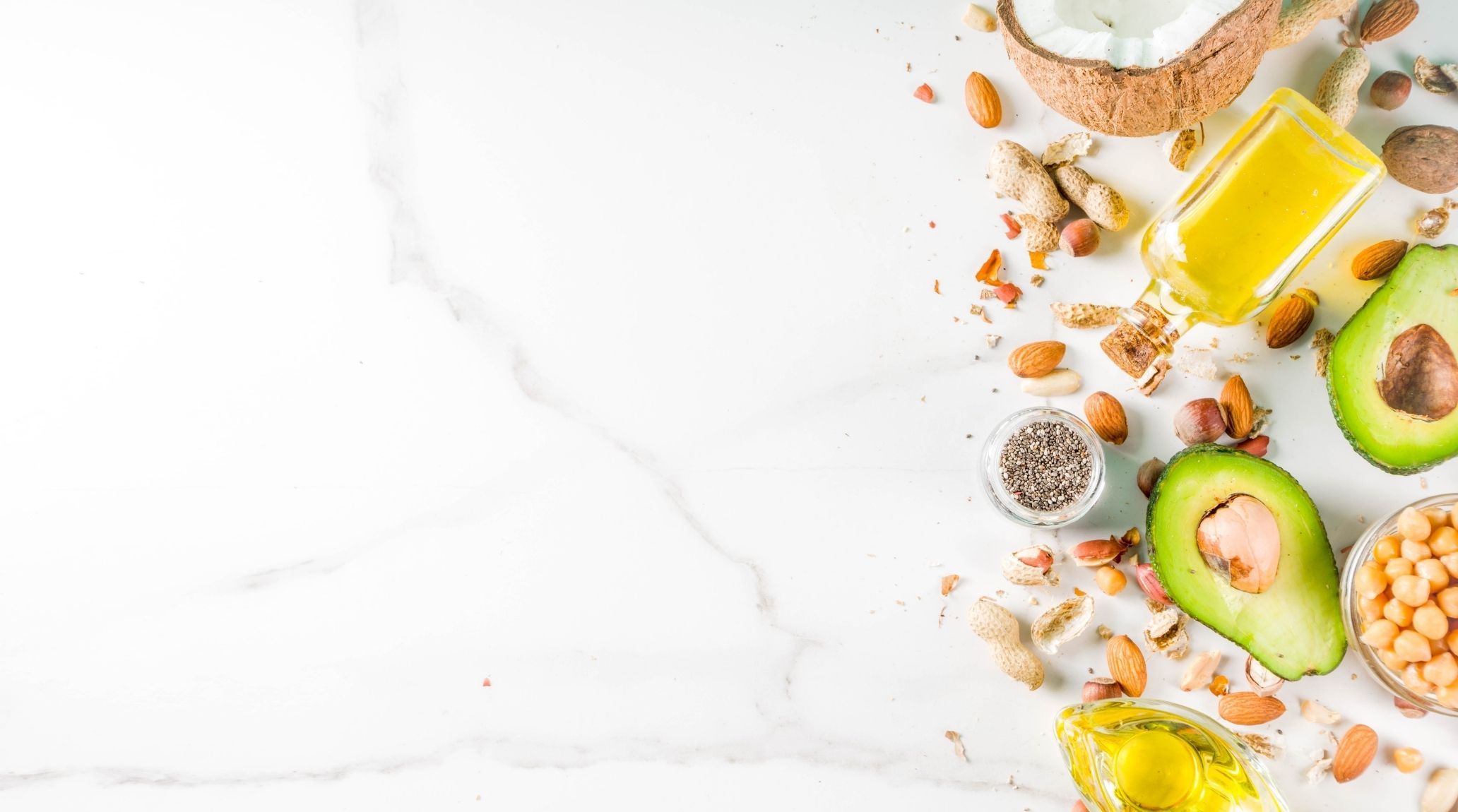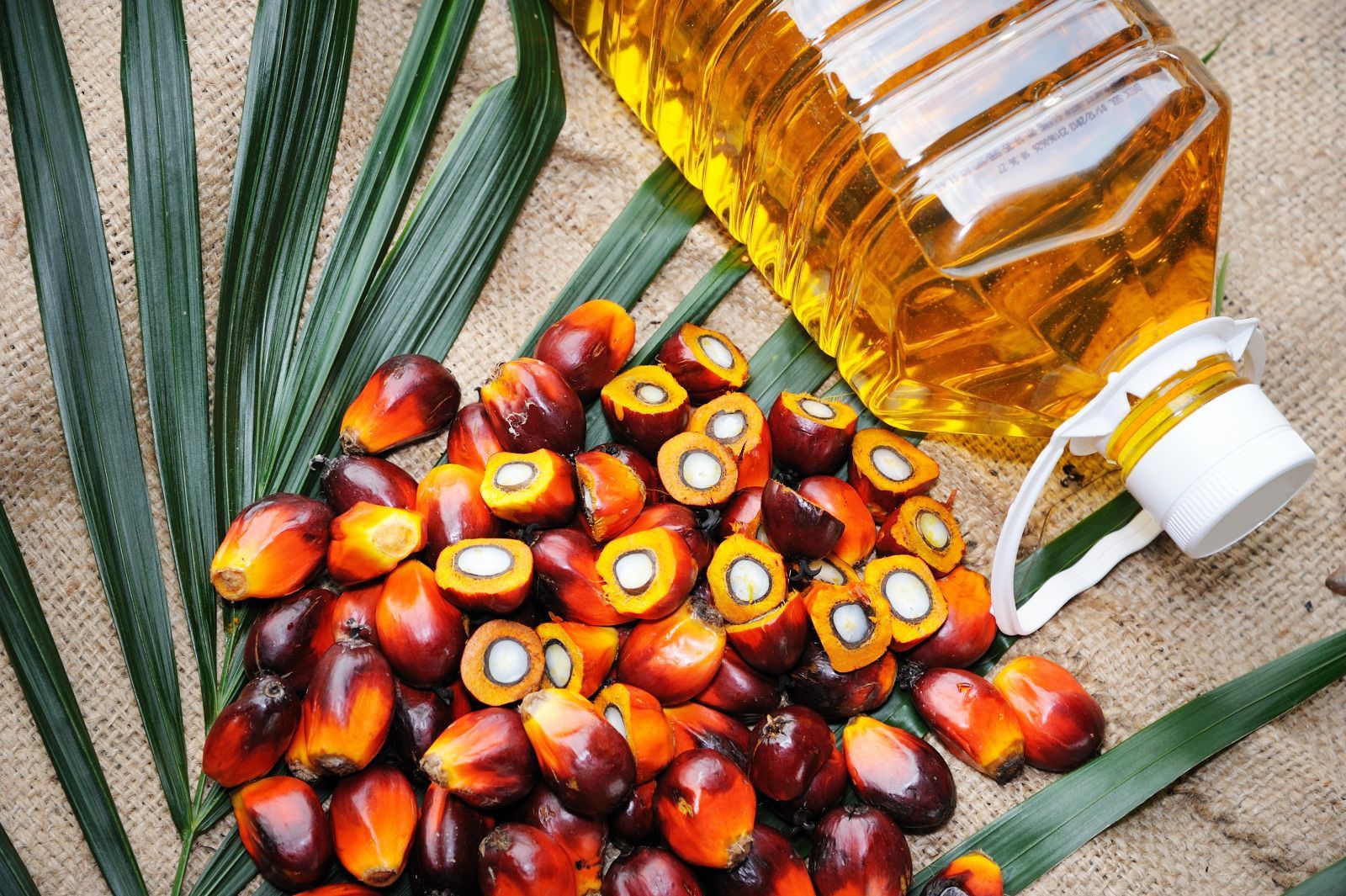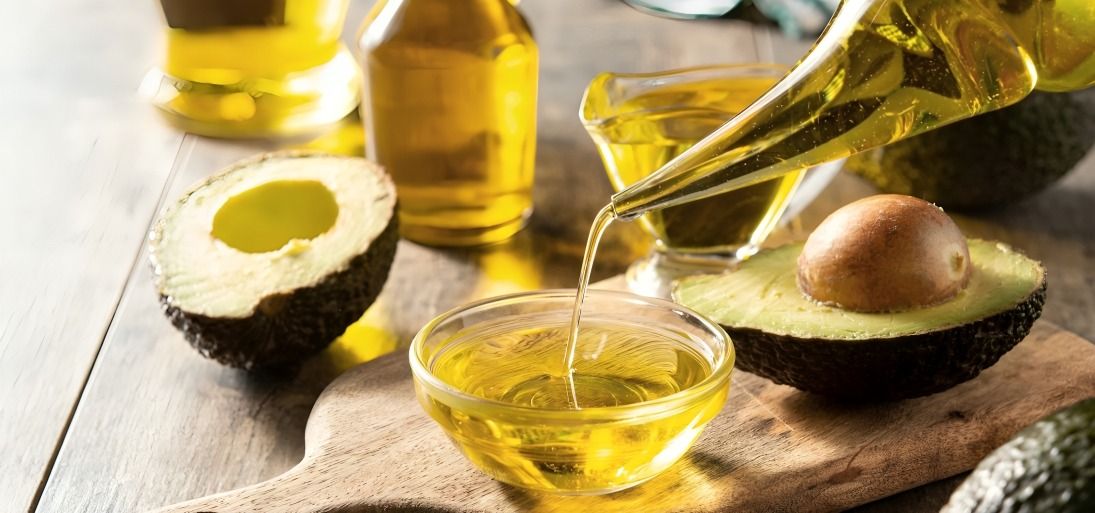
“
Fats and oils play a crucial role in our diet and overall health. In this blog, we uncover 20 interesting facts about fats and oils, exploring their unique types, functions, and nutritional importance. From healthy unsaturated fats to the role of oils in cooking, these facts offer a deeper understanding of how fats and oils impact our bodies. Learn about the differences between various fats, their health benefits, and how they can contribute to a balanced diet. Whether you're curious about nutrition or looking to make healthier choices, this blog provides essential insights into fats and oils.1
1
”
Fats and oils are essential for absorbing fat-soluble vitamins like A, D, E, and K, which play vital roles in maintaining healthy skin, vision, and immunity. Without them, these crucial vitamins wouldn’t be absorbed properly.1
Olive oil, often hailed as a healthy fat, is a powerhouse of antioxidants that can reduce inflammation. Extra virgin olive oil is known to help protect against heart disease, making it a delicious and beneficial choice.2
Not all fats are bad! Unsaturated fats found in avocados, nuts, and seeds help lower bad cholesterol (LDL) levels while increasing good cholesterol (HDL). They’re critical for brain function and heart health.3
Many essential oils, like lavender and eucalyptus, have been used in traditional medicine for centuries. They possess therapeutic properties that can help reduce stress and enhance mood.4
Vegetable oils like canola, sunflower, and soybean oil undergo processes like hydrogenation to stay shelf-stable, which sometimes leads to the creation of trans fats—a harmful type of fat that can increase heart disease risk.5
Fatty fish like salmon and mackerel are rich in omega-3 fatty acids, which reduce inflammation, support brain health, and even improve mood. Regular consumption can help lower the risk of depression and anxiety.6
Ghee, a clarified butter used in Indian cooking, is rich in fat-soluble vitamins and has a high smoke point, making it excellent for high-heat cooking. It’s also lactose-free, so it’s tolerated by people with dairy sensitivity.7

Palm oil is a common ingredient in many packaged foods, but its production is linked to deforestation. Sustainable palm oil production methods are emerging to balance environmental impact with global demand.
Fats help regulate hormone production, including essential hormones like estrogen and testosterone. They also support the body’s cell membranes, providing structural integrity and ensuring cells communicate and function properly.8
While saturated fats have been blamed for heart disease, recent studies show that not all are equal. Some, like those in coconut oil, may even raise good cholesterol levels and support metabolic health.9
Avocado oil contains a higher concentration of beneficial monounsaturated fats compared to olive oil. It is rich in lutein, an antioxidant that supports eye health, making it ideal for cooking and skincare routines.10
Many plants, like soybeans and sunflower seeds, are sources of healthy oils, but cold-pressed oils retain more nutrients than refined ones. Cold-pressed oils offer better flavour and higher concentrations of antioxidants.11
Flaxseed oil is one of the best plant-based sources of omega-3 fatty acids. It’s especially popular in vegan diets, and its anti-inflammatory properties support cardiovascular health and skin vitality.12
Despite being high in calories, fats are crucial for satiety. Healthy fats keep you full for longer, making them beneficial for weight management, even though they are often blamed for weight gain.13
Oils can go rancid if not stored properly. Heat, light, and oxygen exposure can degrade oils, especially those high in polyunsaturated fats, which leads to a loss of flavour and nutritional value.14
Fat plays a critical role in protecting organs and insulating the body. Without enough body fat, we would be more susceptible to cold temperatures, and our internal organs would lack cushioning.15

Avocado oil is a healthy fat and great for skin care. It hydrates, reduces inflammation, and supports wound healing when applied topically. It’s a versatile oil with both internal and external benefits.
Cholesterol, often seen as a villain, is needed for the body to create cell membranes and hormones. Dietary fats provide cholesterol, but our liver also makes it, keeping a balance when consumed in moderation.16
All beneficial or harmful fats are calorie-dense, providing 9 calories per gram. They offer over twice the energy of carbohydrates or proteins, making moderation in good fat consumption essential.17
The human brain is approximately 60% fat, making it one of the fattiest organs in the body. This fat is essential for maintaining healthy brain structure and function, highlighting the importance of dietary fat for cognitive health.18


